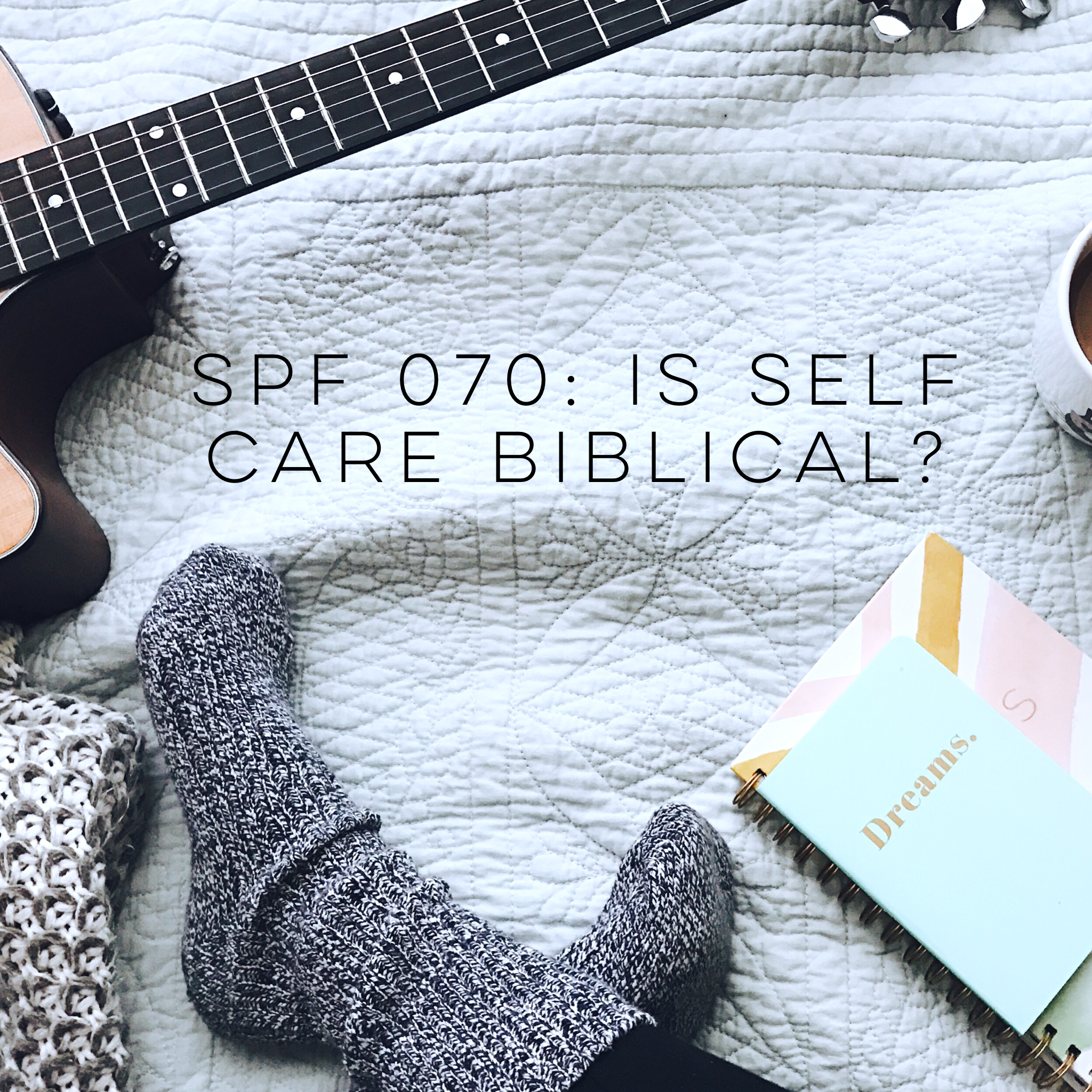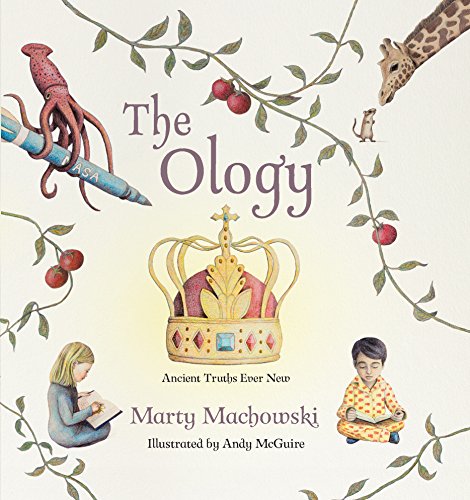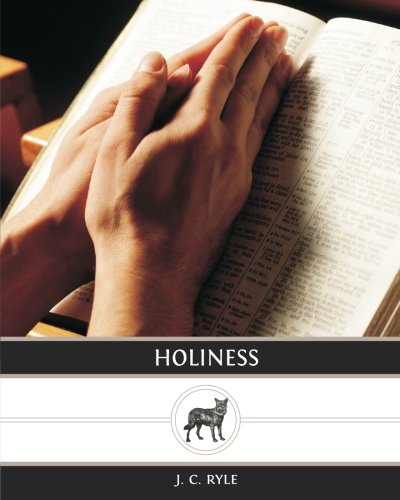Self care is a cultural trend taking social media by storm. What is self-care all about and is it biblical? Today we are addressing the cultural dominance of self-care and look at it through the wisdom of God think biblically about rest and restoration.

Become a Teammate!
Want to be a part of helping women hear the Gospel and think biblically? Join the team with a gift of $5 a month on patreon.com/sheprovesfaithful (or find out more info).
Other ways to support the show:
Leave a review on iTunes: https://itunes.apple.com/us/podcast/podcast-she-proves-faithful/id1116242133?mt=2
Explore Amazon Affiliate Links – by clicking on links and exploring products I love, you can help support the podcast.
Like Audible! We LOVE audible!
Try Audible and Get Two Free Audiobooks
Life Hack – Coats & Car Seats
This life hack comes from listener Paula who said, put your kid’s coats on backwards – when it’s time to buckle up, slip off the coat and then put them back on! It’s safe and warm for car seats.
Thanks Paula!!
Is Self Care Biblical?
First things first:
1. It is not my intention to shame anyone for ever using the hashtag “self care” or posting about it. It’s not a sin to use this hashtag. The purpose of this episode is to explore a worldly view of self vs a biblical view of self and to not be deceived by cultural trends.
2. This episode is not to say we need to neglect good hygiene or not take care of ourselves. This is about looking to the source of rest and restoration.
We are going to address the cultural dominance of self-care and look at it through the wisdom of God.
What is self care?
Psych Central says, “any activity we do deliberately in order to take control of our mental emotional, physical health.”
Habits of Well Being says, “A personal journey and each day is changing, so its important to continually look after yourself (i.e. make it a habit) and reflect on your health and well-being.
English Oxford Dictionary says, “the practice of taking action to preserve or improve one’s health.”
Cultural Self care is really about OUR ability to achieve rest and restoration to be our best selves even if it comes at the expense of our duties, responsibilities and worship of God.
Two Troubles:
-
Culture wants us to believe we have trouble remember ourselves but It’s really impossible to forget about ourselves and our needs. This trend can lie to us and say we’ve forgotten all about yours truly. I spend too much time loving my neighbor and not enough time for me.
One quick # search again on IG would prove otherwise:
#loveyourself has 19.7 million vs #loveyourneighbor 90K
#selflove has 12.7 million vs #loveothers 311K
2. Self care turns into a humanistic source of giving our weary souls rest and restoration. It’s about looking inward for that settled and rested heart, mind, and soul. That there is some activity or thing we can do to achieve this for ourselves – is this thinking not leaving behind God and forging our own savior?
In order to rightly discern self care, it’s important to develop a right view of our self.
Cultural View of Self:
-
Embrace Self / Love Self
-
Put Me First
-
Think about Now (Temporary)
-
Rest and Restoration come from me
-
Run from hard things – escapism
Biblical View of Self
-
Die to Self – Luke 9:23
-
Put others first – Matthew 20:28, Philippians
-
Eternal Focus – Colossians 3
-
Restoration and Rest (care) Come from God – Isaiah 40
-
Hard things can be for our good – Hebrews 12:11
Here’s the best part about dying to self-care – is the great amount of freedom it brings!!
I think as biblical women we can change the conversation to REALLY help other women –
That we can turn from self preservation to a submission of self to Christ – to ENTRUST OURselves to our faithful creator and keep doing good.
1. Go to God first
2. Become biblical thinkers when it comes our struggles
– Check out Truth in Love Podcast by Heath Lambert for biblical wisdom and encouragement.
3. Embrace the hard things as a gift and press into the Lord.
4. Know our limitations because we are not God: learn to say no, get sleep, love sacrificially, be in community, ask for help.
Resources
Amazon Links are affiliate links – meaning I get a very small referral credit from Amazon for recommend products, at no cost to you – that goes to supporting the podcast.

